As quickly as things change, surgery centers still face many of the same challenges.
“Challenges” can often be misunderstood as a disruption when they are simply a part of everyday life. Whether it’s an issue with expenses or staffing shortages, healthcare staff are always challenged to provide top-tier care while slashing budgets.
I’ve seen how some of them turn those challenges into opportunities to make positive changes.
Challenge 1: Staffing Expenses & Shortages
People are the largest investment in healthcare centers today. While payroll and benefits are a large expense, people are the heart and soul of the center. Positive patient experience requires a personal touch.
However, the industry is facing a nurse staffing shortage. Healthcare jobs typically offer flexibility and good benefits. So where are the workers going?
COVID scared us all. Healthcare workers are on the front lines. That means a lot of hard work, long hours, and even personal health risks.
Since COVID, many people reprioritized their lives as well, wanting more flexibility and time with family. Put simply, too many healthcare workers are burned out.
This begs a few questions: How do facilities make up for staffing shortages without adding a major expense? How do they better support the good people they have and avoid burnout?

Opportunity 1: Reducing paperwork by submitting billing documentation digitally
In the medical field, everything has always been paper-based. Medical billing services can help you be more productive by outsourcing claims. This is a safe and compliant way to reduce time from service to billing. Plus, it helps reduce the hours spent on paperwork.
Read more about submitting billing paperwork digitally.
Partnering with an advanced medical billing team helps improve surgery center efficiency while providing value to their patients. It also allows surgery centers to send patients home with DME without an additional cost to the surgery center.
Opportunity 2: Help Improve MEDICAL BILLING
Adopting software such ScanChart can help improve the medical billing process.
This software helps simplify document storage and allows for a more seamless integration with the medical billing company.
Opportunity 3: Reduce Expenses
Another way to help the bottom line is to reduce expenses. One way to do this without making a single sacrifice is to lean into automation. When you can automate processes, it helps save time and money while reducing clerical errors.
Consolidating vendors is another way surgery centers could help reduce expenses. With less reps and suppliers coming through the door each day, it will save everyone at the surgery center time. Plus, more partnerships with a particular rep can lead to more negotiating leverage.
Challenge 2: Supply Chain
During COVID, many products and supplies were in short supply. Surgery Centers had to find backups for products they regularly used.
Supply chain continues to be an issue to this day. Recently, several of my customers were unable to acquire tourniquets. I contacted a few colleagues in the field and discovered that HemaClear was not experiencing the same supply chain delays. This resolution was able to help my surgery centers without disruption.

Opportunity: Leveraging relationships in the field
Surgery centers should take advantage of their relationships with sales reps to understand alternatives that are in the market. This is one simple way to get ahead of supply chain problems while providing patients with the best care.
Now, more than ever, it’s crucial to understand the market as a whole. A good rep can do that, researching and networking on behalf of their customers.
Challenge 3: Surgery Centers Are Busy
It’s no secret that the staff at a surgery center is constantly juggling pre-op appointments, surgery, post-operative check-ins, and other touchpoints with patients. It can be quite overwhelming for everyone involved.
One major issue is the volume of phone calls received each day. While many surgery centers are operating with a lean staff, it’s hard to manage an office while on the phone all day.
Luckily, there are a few ways to minimize the number of daily calls.

Opportunity: Partnering with Device Experts
At Compression Solutions, we have product support specialists like Debbie, Chelsea, and Cassie who are available via phone or email to take care of patients’ billing and DME questions.
“About 85% of our patients are out of state. It’s amazing that a patient can contact customer service directly.”
– Rosie Avila, Manager, Las Vegas Surgery Center
Compression Solutions has a 24/7, US-based customer service team that patients can call with questions about their devices. That means patients can call the device company instead of the physician’s office with equipment questions.
This service is invaluable to patients and surgery centers alike.
Read more about how Compression Solutions reduced patient calls at one Vegas-based surgery center.
